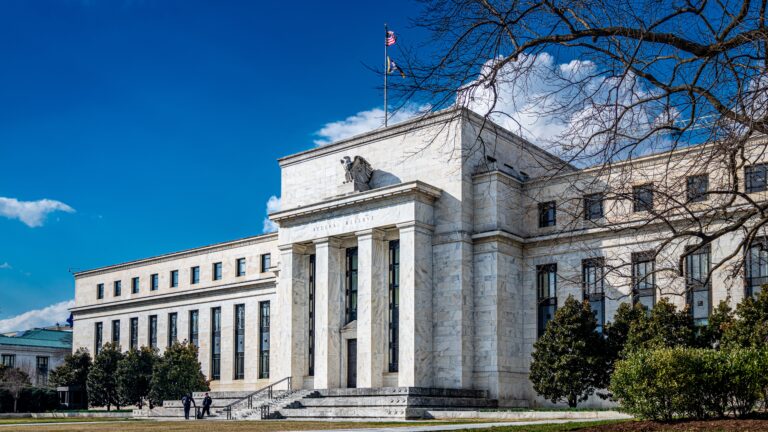

Make Whole Calls
Abstract
Make whole calls caused little investor concern until the low yield environment resulted in unexpected losses. Make whole provisions fail to protect short-term investors when bond spreads fall below make whole levels. Yield volatility in Treasury securities complicates matters and increases risk for cash investors.
Make whole bonds are generally not considered callable, and thus are difficult to identify. 27% of the issues in a popular short-term bond index may have make whole provisions. Industrial issues are 15 times as likely as financial names to use make wholes. The average make whole spread is 17 basis points among issues from the top 200 ranks.
Corporate cash investors should review their investment policies and treat make whole bonds as callable, avoid make whole spreads greater than 20, and perform break-even analysis.
Introduction
Life is full of contradictions, and sometimes contradictions can lead to unexpected losses. One such contradiction is a seemingly benign feature in corporate bonds called the “make-whole call.” As the name indicates, investors are supposedly compensated, or made whole, in the event that the bond is called prior to maturity. In recent months, however, some unsuspecting corporate cash investors became victims of these calls. More calls may follow and could cause losses.
Based on the recent make whole calls, we can draw four general observations:
- Many bondholders did not know that they owned callable bonds beforehand;
- Issuers are calling bonds with make whole features more frequently;
- Short-term investors are more likely to see losses than long-term investors; and
- Calls may lead to losses when Treasury yields become more volatile.
Since publishing our research report, “Make-Whole Call Provisions,” on October, 31, 2004, we have had a keen interest on the potential effects of make whole calls on corporate cash investors. When interest rates were higher, our primary concern was the reinvestment risk from call proceeds. In recent years, we noticed more frequent make whole calls from well-known issuers such as Exxon Mobil and Pfizer that led to losses for cash investors, a phenomenon not previously experienced.
Upon further study, we discovered that make whole provisions have become more popular with bond issuers. However, these bonds are not generally considered callable bonds in bond analytics and bond indices, potentially leading to unwitting bondholders. We hope that this research note will help raise the awareness in the corporate treasury community and help cash investors better handle the implications of make whole calls.
DOWNLOAD FULL REPORT
Our research is for personal, non-commercial use only. You may not copy, distribute or modify content contained on this Website without prior written authorization from Capital Advisors Group. By viewing this Website and/or downloading its content, you agree to the Terms of Use.
Please click here for disclosure information: Our research is for personal, non-commercial use only. You may not copy, distribute or modify content contained on this Website without prior written authorization from Capital Advisors Group. By viewing this Website and/or downloading its content, you agree to the Terms of Use & Privacy Policy.





